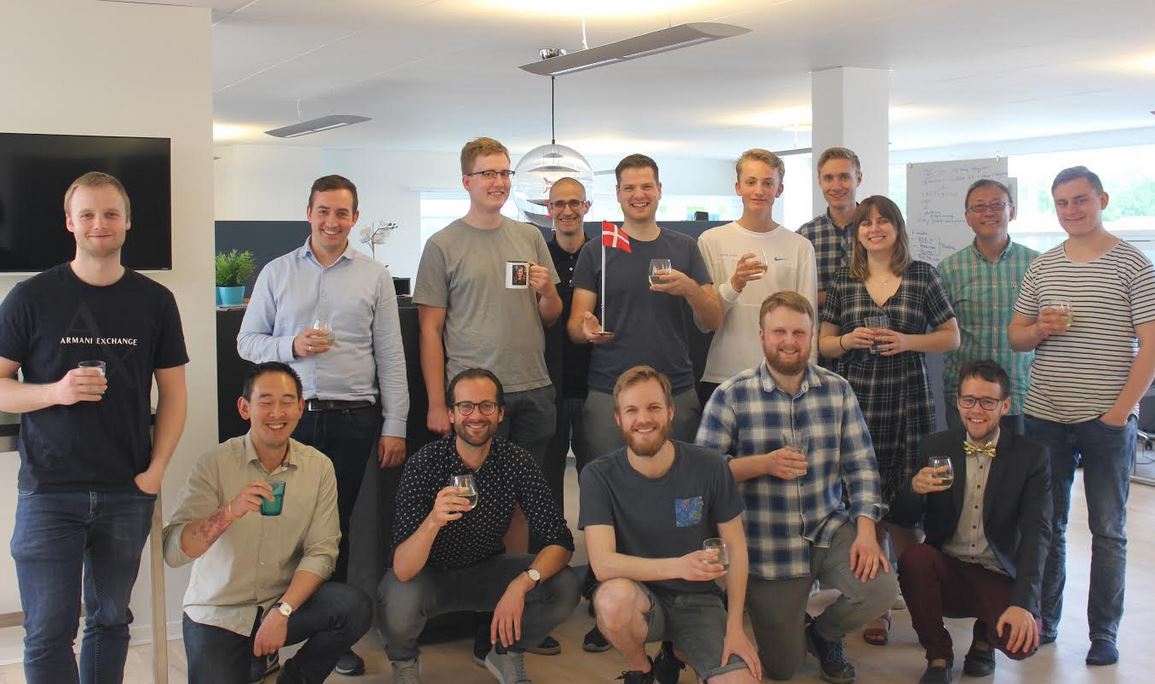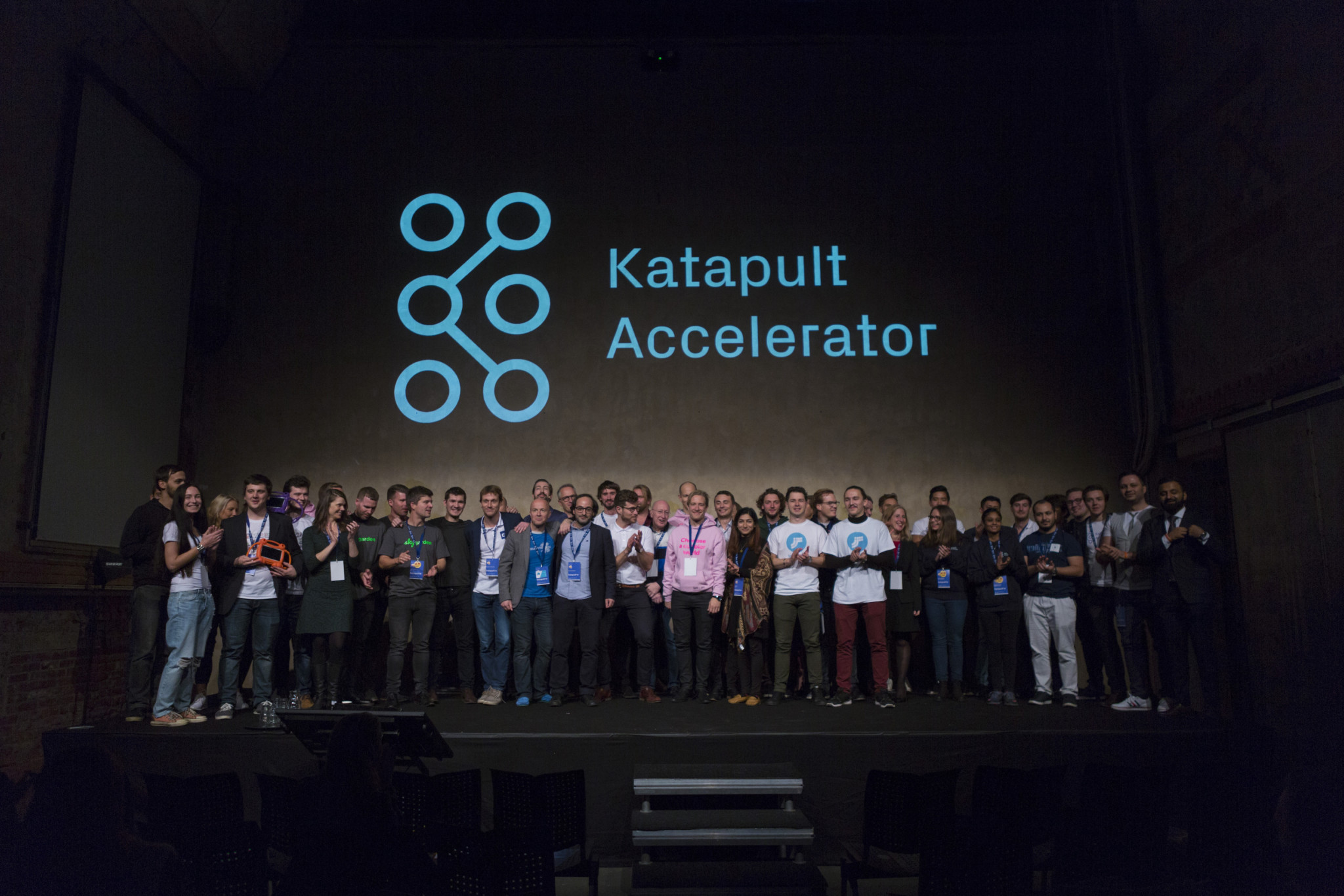Norway’s Schibsted starts “unicorn laboratory”

In the United States, startup companies that are valued at over a billion dollars in the very short term are called “unicorn” companies.
Uber and Airbnb are two well-known companies to have received this designation.
Now, Norwegian multinational Schibsted wants to build it’s own “unicorns”.
In a stock exchange announcement, Frode Eilertsen, of Schibsted’s Media Group’s EVP Strategy and Digital Transformation, writes that the company will lead a new initiative to develop a so-called “unicorn lab.”
Schibsted believes this can help the group to “identify, fund, develop, and roll out growth companies with great potential.”
Frode, who has a background in the private equity industry and spent 16 years working in the US, wants to bring his experience from entrepreneurial labs in the US to the Nordics.
Growing trend of corporate incubators in the Nordics
The move comes after a wave of similar initiatives that have been inspired by working culture in the US.
Google’s famous “20 percent time”, which allows workers freedom to pursue projects of their choosing, and Intel Corp. eight week sabbaticals have inspired many companies to introduce programs aimed at developing fresh ideas and new innovations.
Samsung’s enigmatic Creative Lab, for example, has been credited with shaking up the notoriously rigid minded South Korean campus and reinvigorating Samsung’s product portfolio.
In the Nordics, corporate incubators, such as Danish bank Nordea’s fintech incubator, Nestholma, and GE’s Startup Health Village in Helsinki, both of which launched this fall, have been steadily gaining momentum.
In fact, earlier this year, the UBI Awards, who provide global benchmarking to incubators and accelerators, gave top prizes to Nordic programs.
Do “unicorn” incubators work?
Although incubators and accelerators are common in the startup ecosystem, the success of “unicorn factories” is debatable. One issue, noted by the Next Web in an investigation of the success of such programs earlier this summer, cited the dearth of benchmarking data available.
This lack of transparency is one of the reasons many startups also have a suspicion of corporate initiatives. However, there are many resources corporations can provide to startups, most critically expertise, market access, and investment. The corporations themselves also have much to gain, as new projects can be developed with minimized risk.
Schibsted have acknowledged some of the hangups about corporate accelerators, saying in their press release that their program will be “simple and transparent”.
Rolv Erik Ryssdal, CEO, says “We will build on what has traditionally been our strengths by being close to local markets while exploiting our global capacity. We believe this will enable us to deliver world-class products to our users and advertisers, while taking advantage of new and exciting growth opportunities.”
Photo: A unicorn at Slush










